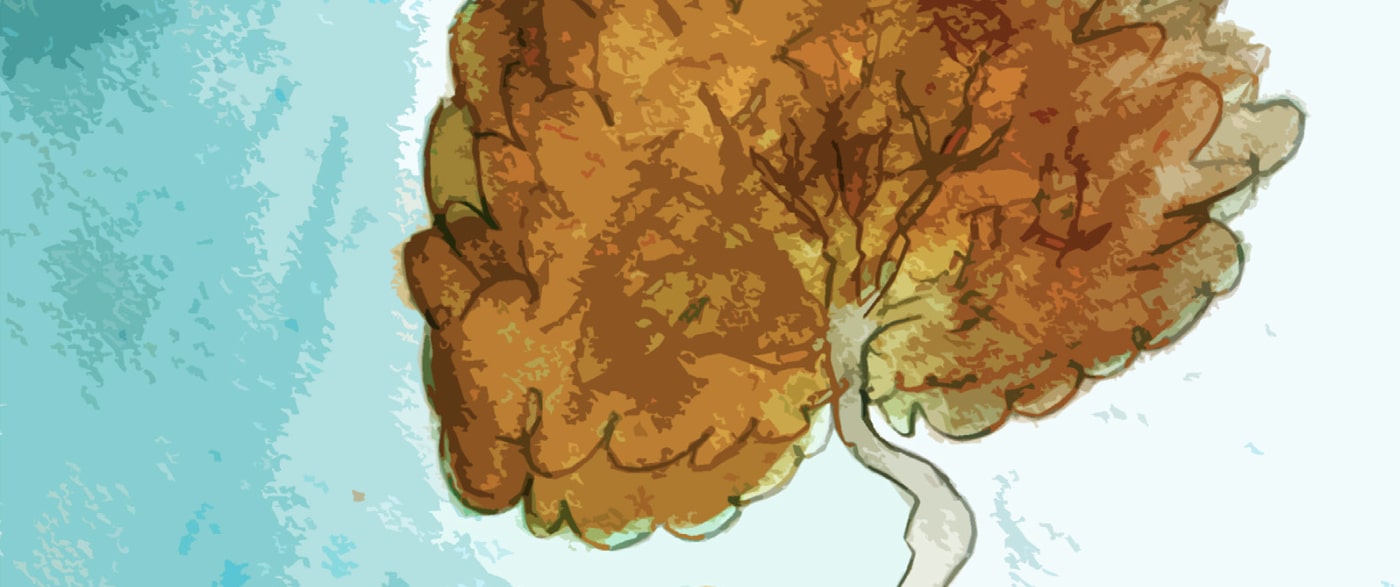Enhancing Civilian Protection Practices in Myanmar

Researcher
Professor Berit Bliesemann de Guevara
The Overview
A major challenge of international humanitarian and peacebuilding assistance has been how to develop programmes which are both context-sensitive and needs-based. In Myanmar, even before the recent military coup of February 2021, this was particularly evident. A lack of access, trust and the marginalisation of local voices in conflict zones made knowledge of local contexts and needs difficult to determine. Through collaborative research, Professor Berit Bliesemann de Guevara developed an adaptable, easily applicable drawing method, DrawingOut, and explored how it can help capture the everyday effects of violence on communities and better understand context-specific protection needs. Project partner Nonviolent Peaceforce (NP) adopted the new method with positive effects on their interactions with protection partners and beneficiaries.
The Research
In Myanmar, 8.3 million people live amidst violent conflict and displacement. Knowledge about these communities’ conflict experiences is essential to the needs-based programming of humanitarian international non-governmental organisations (INGOs) offering unarmed protection. Even during Myanmar’s democratic period between 2011 and 2021, gaining this knowledge was difficult due to the Burmese authorities’ access restrictions, low levels of trust after decades of military dictatorship and war, and entrenched power dynamics in local communities which can lead to the marginalisation of some local voices. This situation has only been exacerbated by the military coup of 1 February 2021.
In “Raising Silent Voices”, a project funded by the Arts and Humanities Research Council (AHRC), Professor Bliesemann de Guevara and colleagues explored how local knowledge of conflict-affected communities in Myanmar can be accessed by INGOs to promote unarmed civilian protection.
Working in consultation with the INGO Nonviolent Peaceforce (NP), the research team adapted the metaphor-centred drawing method DrawingOut to enable users to better capture community experiences in an open and socio-culturally meaningful way.
The Impact
Adopting the method designed through Professor Bliesemann de Guevara’s research enabled NP Myanmar to address problems of limited physical, linguistic and cultural access to beneficiary communities in an effective manner by:
Enhancing NP's Conflict Understanding and Programming Practice
Strengthening Local Ownership of Protection Practice
Enhancing Trust and Collaboration Between Diverse Local Partners
Enhancing Relationships for the Future

Get in touch
As a University, we’re always keen to share our knowledge and expertise more widely for the benefit of society. If you’d like to find out more or explore how you can collaborate with our researchers, get in touch with our dedicated team of staff in the Department of Research, Business and Innovation. We’d love to hear from you. Just drop an e-mail to:
Research Impact Case Studies | Research Theme: Society
